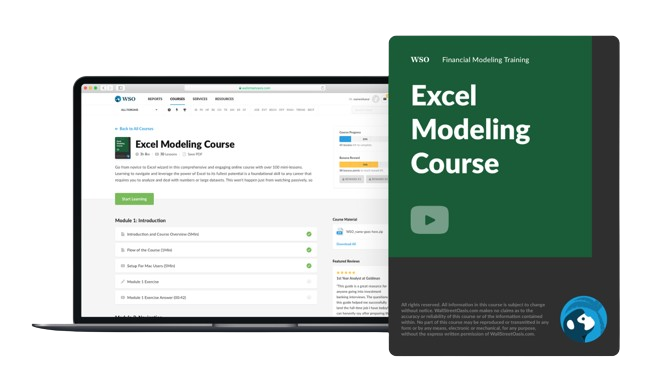Front Office
Typically, the front-office (FO) in investment banking is the client-facing part of the firm and includes the roles which focus on working with and for clients, rather than in support, risk, compliance and operations roles. It is named because traditionally, the client-facing staff would be at the front of the business where they could be seen, and the support staff would be behind them at the back, unseen.
Usually, a role is not considered FO unless it is directly generating income for the firm. Roles such as Equity Research are sometimes considered FO. Even though they often do not directly generate any revenue, they are perhaps the most client-facing role there is in an investment bank, alongside Sales. On the other end of the spectrum, traders almost never meet clients, however, they definitely generate income and so are often considered FO as well.

What are Front Office Divisions
The front office in the finance industry is the part of the company that is focused on bringing in revenue for the organization, think sales and trading for example. FO workers can generate sales through selling various financial products or trading for clients, or by facilitating mergers and acquisition (M&A) deals in investment banks.
Common FO divisions include:
Front office jobs are difficult to obtain and come with long hours, less work life balance, and stress. However, these jobs are held in high regard and most are very lucrative.
Why is it Called Front Office?
The FO has different meanings depending on the industry you are in. It has a different meaning in the finance industry compared to the sports or hotel industry.
In finance, specifically investment banking, the FO is the revenue generating part of the company. This division works directly with both individual and corporate clients and offers financial services and products, or helping clients raise capital and make trades.
In the sports industry, the FO contacts players to organize activities and events for players and teams. The staff in this division essentially have control of the whole team and as such bring in revenue by planning events.
In the hotel business, FO staff help customers directly when they check in and out, as well as addressing any complaints or problems the customer may have during their stay. A receptionist is typically stationed at the FO and confirms reservations with customers and answers any questions they may have.

Front Office vs Middle Office vs Back Office
The front, middle, and back office are all important areas of the business that are needed for the overall success of the firm. In general, the FO works with and services clients directly. The middle office manages risk, IT resources, and overall corporate strategy. The back office is there to support the operations of the front and middle office and includes functions such as human resources, accounting, and administrative assistants.
The middle office’s primary responsibilities are to support the FO. They do this by providing IT resources, ensuring compliance procedures are followed, managing risk, and providing legal support. The middle office has become especially important after the 2008 great financial crisis and there has been an increased emphasis on the importance of compliance and risk management. The middle and back office tend to overlap in some areas of responsibility and as such can be categorized in the same bucket.
The back office, while not a revenue generating division, is a necessity for a business to run effectively and is required to keep the business running smoothly. The back office maintains records of deals and transactions, is responsible for making sure that payments are processed and settled, and responsible for accounting. Human resources is also considered a back office department. In general, the back office primarily deals with administrative and support tasks. The main purpose of the back office is to ensure the daily operations of the business are running smoothly. Back office employees are also generally paid less than their front and middle office counterparts.
Organizations, typically financial services companies, are moving back office jobs, and some middle office jobs overseas to save money. Companies are able to cut costs drastically by moving these jobs to countries with lower average salaries but still attracting educated and skilled workers. Common countries to export these jobs include India and Ireland.
Moving from Back Office to Front Office
Moving from the back/middle office to the FO is not easy. Even working at the same bank or company does not put you on track to move to the front office as the required skills are usually very different. Moving between these two areas of the business requires extensive networking as you will often be competing against external candidates with more experience and a better education. Here are some steps you can take:
- Do well in your middle or back office role without complaining
- Network aggressively internally at your firm and externally across other finance firms to build relationships in the front office
- Develop the necessary financial modeling skills to demonstrate you could hit the ground running
- Prepare for informational interviews like they are final superdays so you can impress if they do test you on your technicals
You will need to work harder than others to have a shot at making the switch. Ask questions to hiring managers and show genuine interest.
Free Resources
To continue learning and advancing your career, check out these additional helpful WSO resources:




or Want to Sign up with your social account?